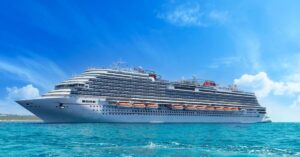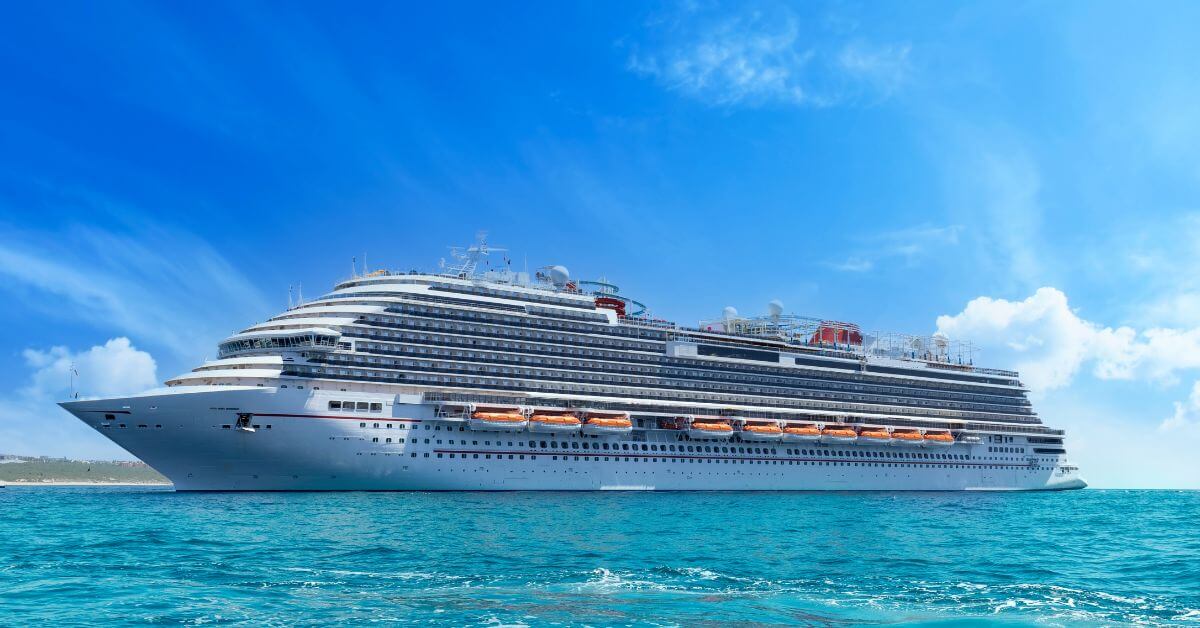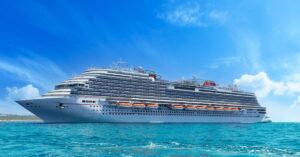
Russian Seafarer Dies After Toxic Gas Leak Aboard Tanker Off Istanbul, Second Officer Arrested
November 21, 2025
32-Year-Old Offshore North Sea Rig Worker Dies In Tragic Incident, Probe Under Way
November 21, 2025

The U.S. Department of Justice has taken the unusual step of seeking to intervene in the cruise industry’s ongoing legal challenge against Hawaii’s new “Green Fee,” a climate-linked tourism tax scheduled to begin on 1 January.
The federal government filed a motion on 13 November in the U.S. District Court in Honolulu, arguing that Hawaii’s plan violates federal law and the U.S. Constitution.
The DOJ told the court that it has a strong interest in maintaining federal authority over how vessels are taxed, pointing to the Constitution’s Tonnage Clause, which requires states to obtain Congressional approval before imposing charges on ships.
Federal lawyers also argued that the tax conflicts with the Rivers and Harbors Appropriation Act of 1884, which limits fees on vessels.
According to the federal motion, the government believes the cruise industry alone cannot fully defend federal interests. It said Hawaii openly acknowledges that the new revenue would go toward environmental and climate-related initiatives rather than services provided to cruise ships or their passengers.
DOJ officials described the system as one that, in their view, takes money from American tourists and businesses for purposes that do not align with federal law.
The lawsuit was originally filed on 27 August by the Cruise Lines International Association (CLIA), supported by cruise industry vendors and tour operators in Hawaii.
The group is seeking an injunction to stop the Green Fee, arguing that the cruise sector is being unfairly targeted compared to hotels and airlines. CLIA maintains that hotels face only small cost increases while air travel is not included in the tax, making the measure discriminatory.
Hawaii passed the law in May 2025 as part of an environmental programme aimed at addressing climate impacts on the islands. Governor Joshua Green had described the measure as a major step forward for climate action, expecting it to raise up to $100 million annually for environmental stewardship projects.
State officials argue that climate change poses an immediate threat to shorelines and natural areas and say they will vigorously defend the law. Hawaii has also asked the federal court to dismiss the case, contending that the issue should be handled at the state level rather than in federal court.
Cruising represents a relatively small portion of Hawaii’s tourism economy due to U.S. cabotage rules under the Passenger Services Act.
Only one large U.S.-flagged cruise ship, Pride of America, operates year-round from Honolulu, while foreign-flag ships must include a foreign port such as Mexico to comply with federal law.
Cruise ship arrivals brought around 300,000 visitors to Hawaii in 2023, compared with the state’s total of more than 9.6 million tourists that year.
During an October court session, it was noted that Pride of America is already seeing a decline in future demand, with bookings for 2026 reportedly down by 30 percent compared with 2025, a drop that the industry links to the higher costs associated with the Green Fee.
References: hoodline, travelweekly
Source: Maritime Shipping News


